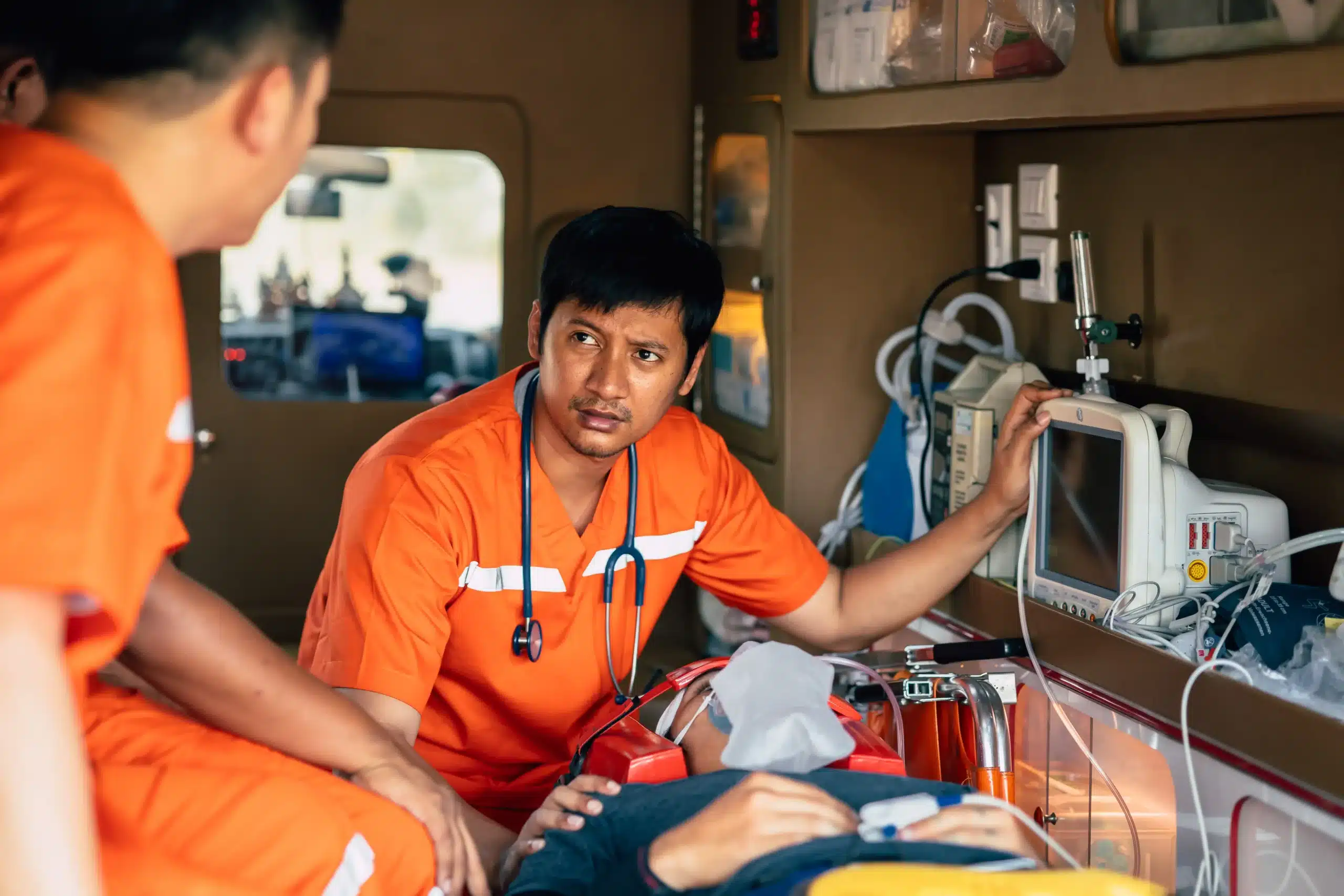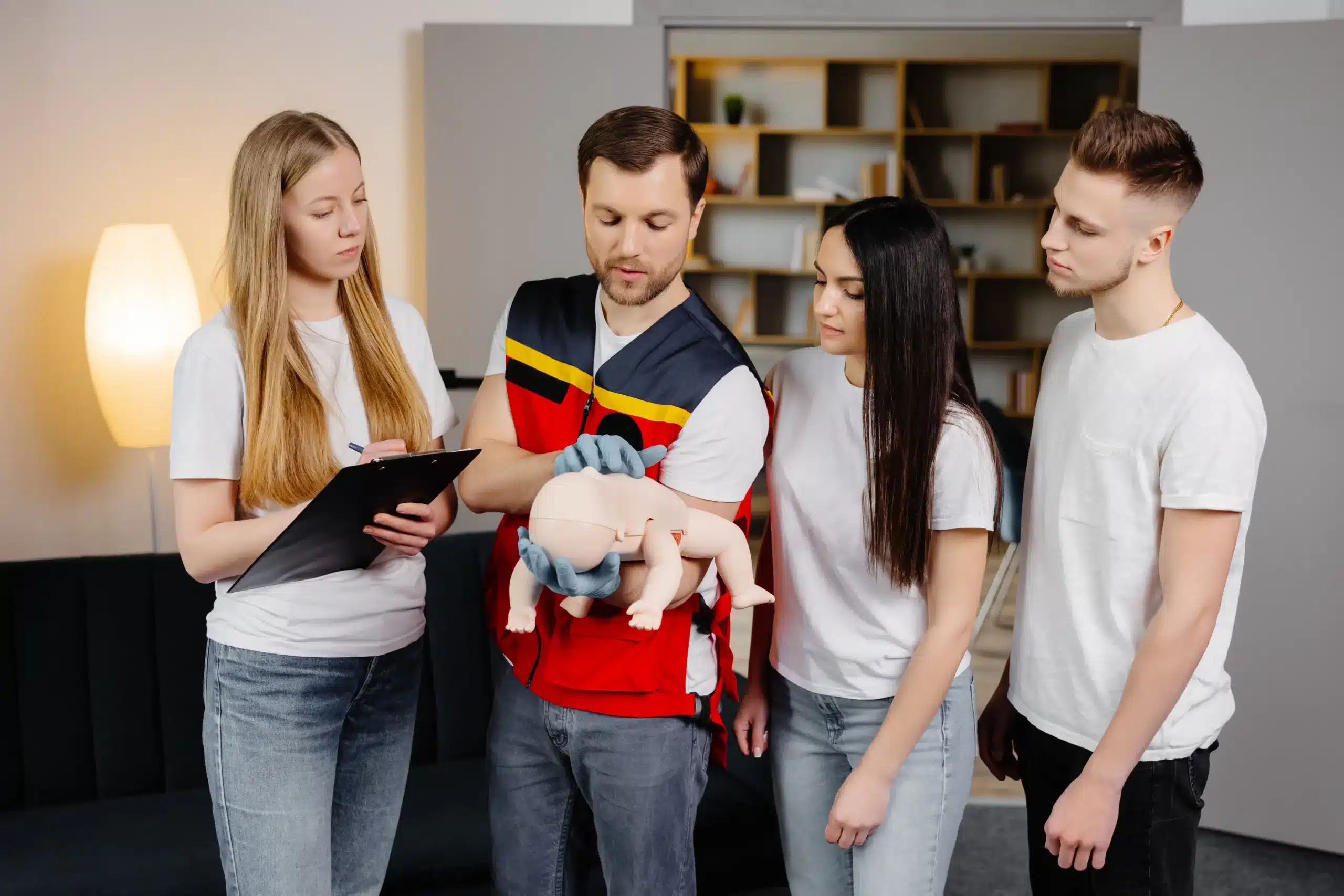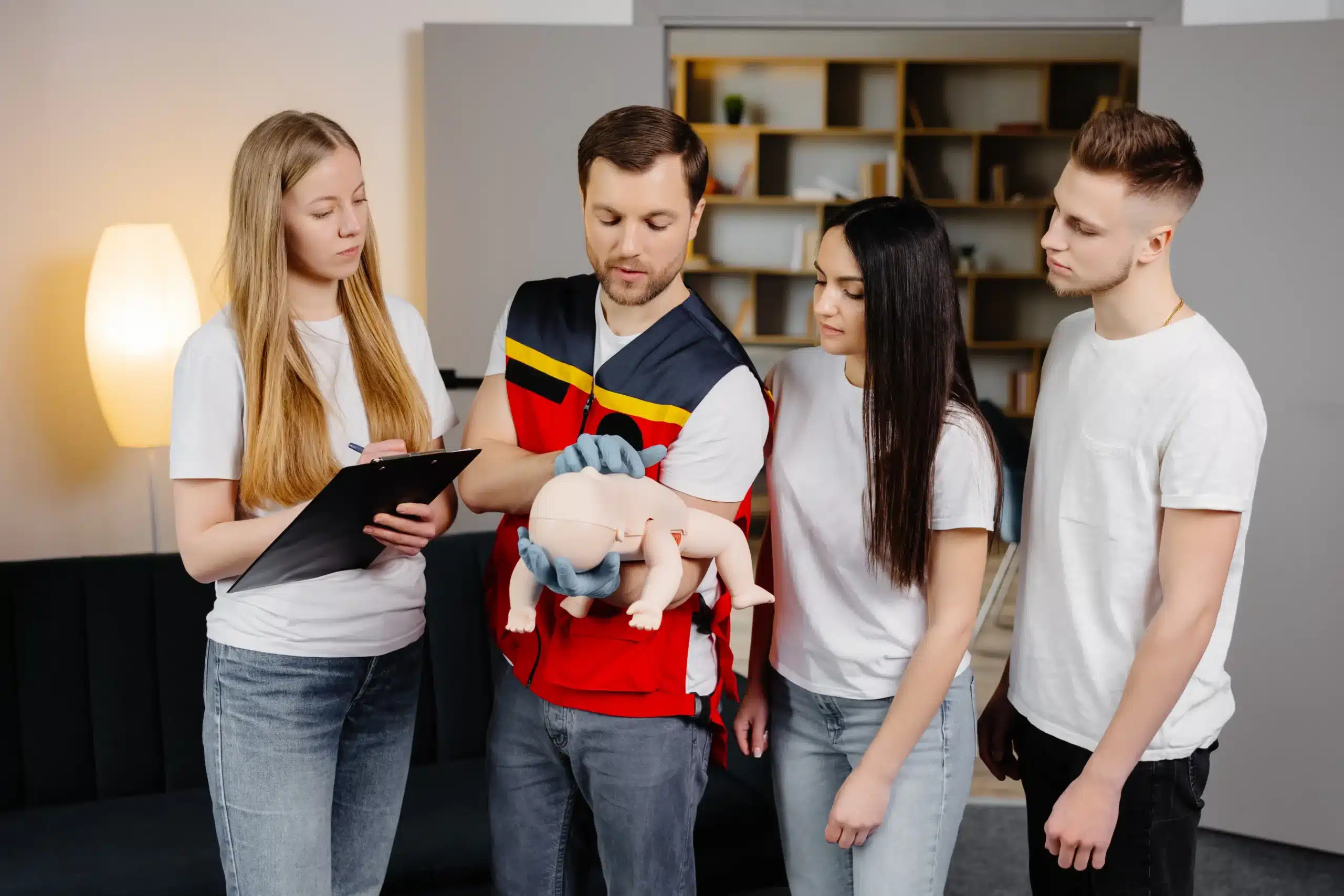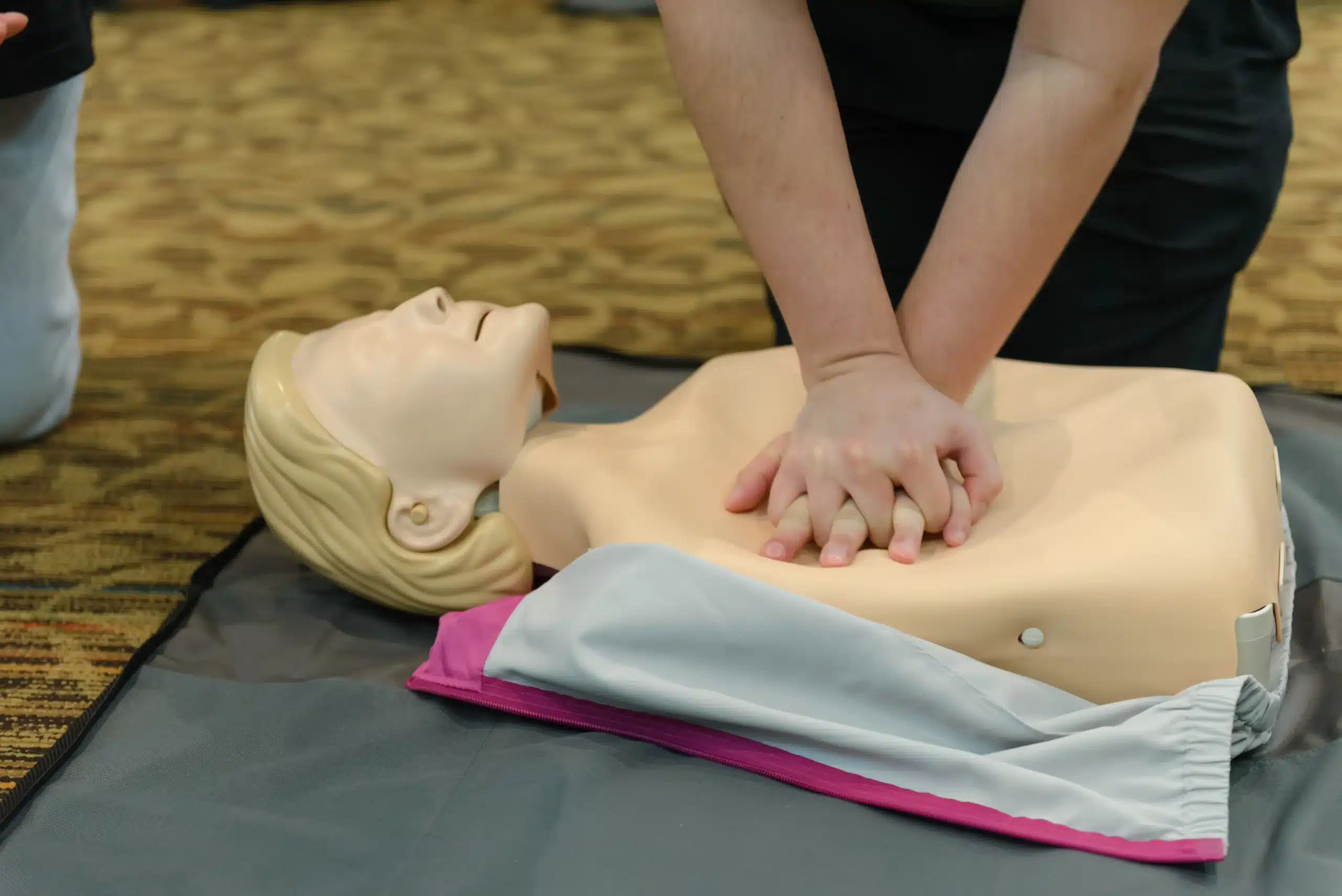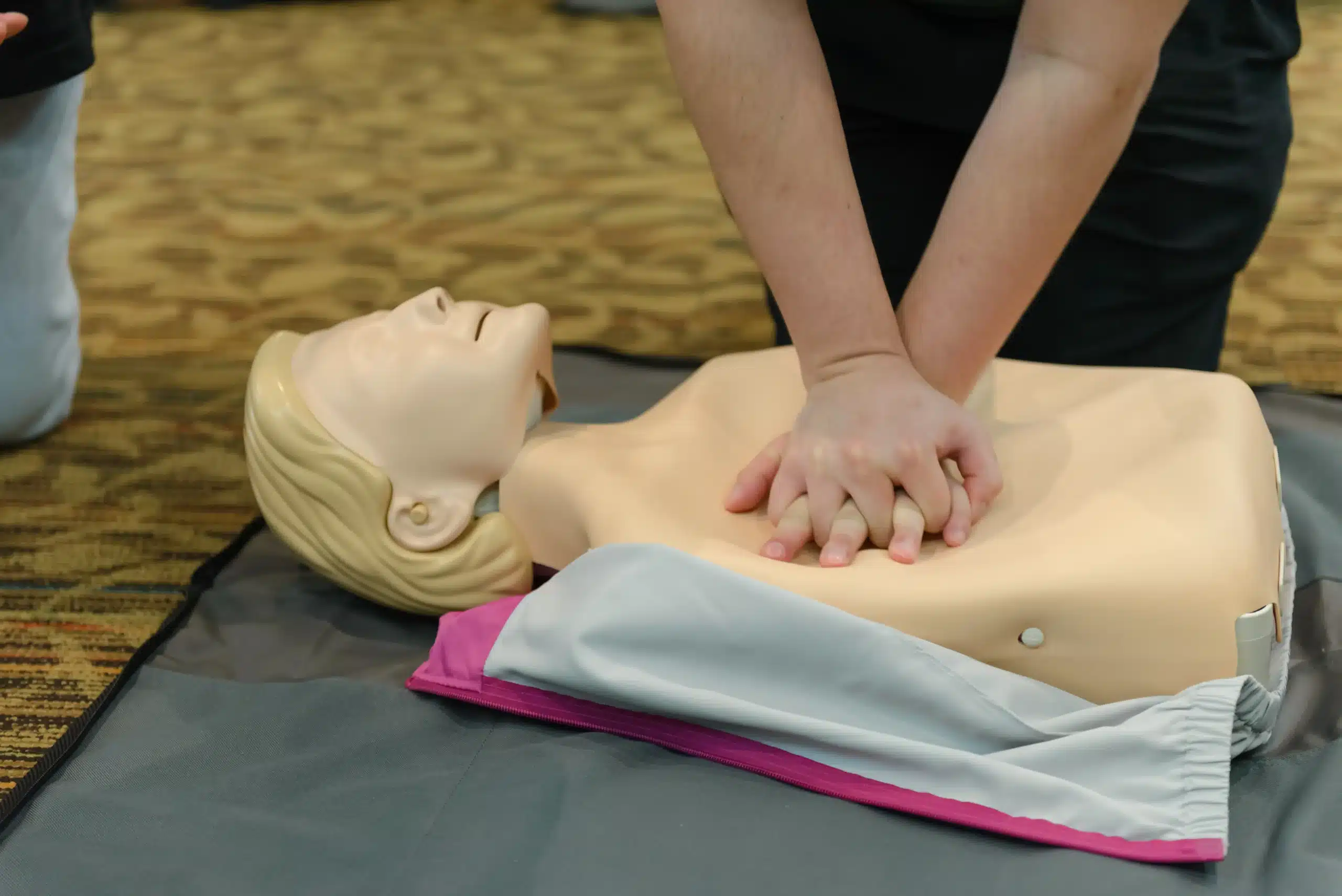Surviving cardiac arrest is a life-changing experience, and undergoing CPR can bring someone back from the brink of death. However, for many survivors, the challenges don’t end with physical recovery. The emotional and psychological toll of this event often leaves lasting scars—confusion, fear, anxiety, and even post-traumatic stress disorder (PTSD). This critical aspect of recovery is often overlooked, yet understanding and addressing it is essential.
This blog is designed to provide valuable insights into the psychological recovery process for CPR survivors. If you or a loved one is navigating the road to recovery, you’ll learn about the common emotional effects of CPR, strategies for coping, and the importance of seeking professional help. Together, we’ll explore this vital dimension of healing and discuss how addressing emotional well-being supports physical recovery.
What You’ll Learn in This Blog:
- The psychological impact of CPR.
- Coping strategies for survivors and families.
- Why emotional recovery is critical to overall healing.
Understanding the Psychological Impact of CPR
After surviving CPR, patients often report a whirlwind of emotions. While they may feel relief at being alive, the trauma of the experience can manifest as anxiety, depression, or even PTSD.
Immediate Emotional Responses
Surviving CPR often results in immediate emotional effects such as:
- Fear and Confusion: Waking up in a medical environment after a life-threatening event can be jarring. Many survivors recall being overwhelmed, unsure of what just happened or why.
- Anxiety: It’s common to feel hypervigilant about one’s health, fearing another cardiac event may occur.
- Flashbacks and Acute Stress Disorder (ASD): Survivors may experience recurring thoughts or images of the event, a hallmark symptom of ASD.
Long-Term Effects on Mental Health
For some, psychological effects linger well beyond the hospital. According to the Resuscitation Journal, studies have found startling statistics:
- Depression occurs in 14%-45% of cardiac arrest survivors.
- Anxiety affects 13%-61%.
- PTSD symptoms appear in 19%-27% of survivors, including nightmares, avoidance behaviors, and emotional numbness.
Many survivors grapple with “survivor’s guilt,” questioning, “Why did I survive when others didn’t?” Others experience a profound shift in their worldview—reflecting deeply on mortality, purpose, and the fragility of life. These feelings, while natural, can be deeply isolating without support.
Coping Strategies for Survivors and Families
Healing from the psychological effects of CPR requires a blend of self-care, professional guidance, and a supportive community. Here are actionable strategies to help accelerate emotional recovery.
Mindfulness-Based Techniques
Mindfulness is a powerful tool to calm the mind and reduce stress. These practices encourage survivors to stay present, easing anxiety about past events or future health. Try these simple techniques:
- Mindfulness Meditation: Begin with 5–10 minutes a day. Focus on your breathing, and gently redirect your thoughts to the present when your mind starts to wander.
- Journaling: Write down your thoughts and emotions each day—it helps release pent-up stress and provides clarity.
- Yoga: Gentle yoga combines movement with mindfulness, promoting relaxation.
Support Networks
No one should recover alone. Connecting with others who understand your experiences can be profoundly healing. Consider the following:
- Family & Friends: Share your feelings openly with loved ones. They can provide emotional bolstering and practical support through your recovery.
- Survivor Communities: Platforms like the American Heart Association’s survivor forums allow CPR survivors to share their journeys and offer mutual encouragement.
- Support Groups: Join therapy-led groups focused on managing health-related trauma.
Lifestyle Adjustments
Healthy habits foster recovery and rebuild a sense of normalcy:
- Physical Activity: Engage in light exercise, such as walking, once approved by your healthcare provider.
- Balanced Nutrition: Eat wholesome meals packed with nutrients to support your overall health.
- Quality Sleep: Prioritize sleep by establishing a bedtime routine and creating a peaceful sleep environment.
Seeking Professional Help
Therapy is one of the most effective ways to address the mental health effects of surviving a life-threatening event. A skilled therapist can guide you through processing complex emotions and building resilience.
- Cognitive Behavioral Therapy (CBT): Commonly used for anxiety, depression, and PTSD, CBT helps survivors challenge and reframe unhelpful thoughts.
- Eye Movement Desensitization and Reprocessing (EMDR): A cutting-edge technique that reduces the emotional impact of traumatic memories.
- Choosing a Therapist: Look for someone specializing in trauma or health-related stress disorders. Don’t hesitate to interview potential therapists to find the right fit.
Why Psychological Recovery is Essential
When we think of recovery, physical rehabilitation often takes center stage. However, emotional recovery is equally critical. Unaddressed psychological distress doesn’t just hinder mental well-being—it can also slow physical healing.
How Psychological Health Affects Physical Recovery
Chronic stress, anxiety, and depression can impair the body’s ability to heal by triggering inflammation and disrupting immune functions. Addressing these barriers allows survivors to fully engage in physical recovery programs, such as cardiac rehabilitation.
Building Resilience for the Future
Survivors who prioritize their emotional health often find purpose and empowerment in their recovery. Many become advocates for CPR awareness, volunteer at survivor communities, or even inspire loved ones to seek CPR training—transforming their experience into a source of strength.
Take the First Step Toward Healing
If you’re a CPR survivor or have a loved one on this path, know that healing from psychological trauma is possible. Recovery requires patience, support, and self-compassion, but the progress you’ll make is worth the effort.
One way to make a difference is to become CPR certified. Through safety training, you can learn life-saving skills and be part of a chain of wellbeing. Trusted organizations like Safety Training Seminars offer courses such as:
- CPR & First Aid
- Basic Life Support (BLS)
- Advanced Cardiovascular Life Support (ACLS)
- Pediatric Advanced Life Support (PALS)
Each course empowers individuals to act in emergencies and foster a culture of preparedness. Visit Safety Training Seminars to find AHA-certified classes in San Francisco, CA, and nearby.
For CPR survivors, getting involved in the community or educating others can be therapeutic. Share this article with someone who might benefit from its insights or consider taking a course to support life-saving initiatives. By fostering awareness, we create a stronger, more compassionate society.
Remember, resilience lies in the act of recovery itself. Celebrate your progress, build on your growth, and know that brighter days are ahead.



